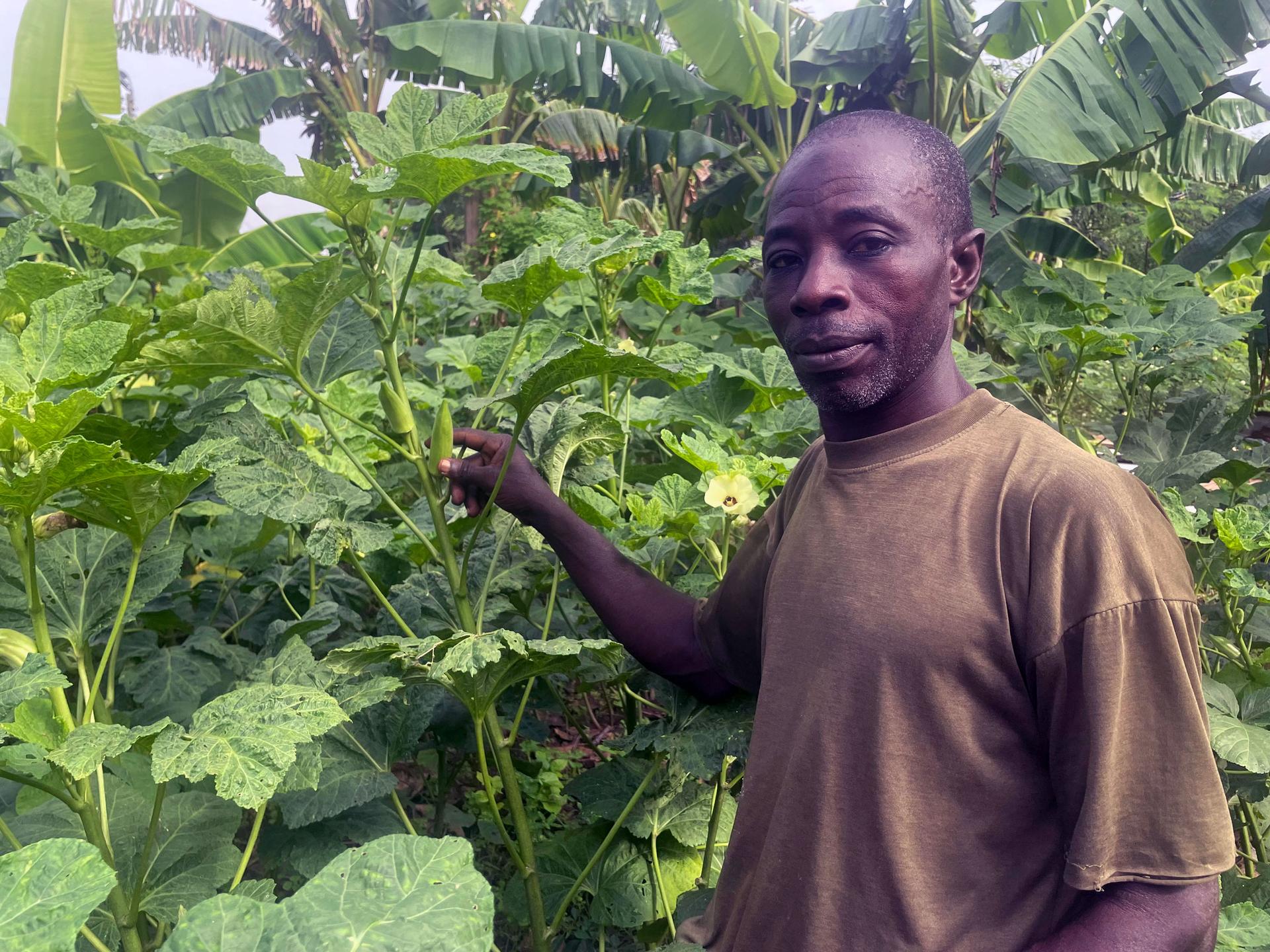‘Too little too late’: Ghana’s small farmers worry fertilizer aid won’t arrive in time to avert food crisis
On a 1.5-acre vegetable farm in Accra, Ghana, 54-year-old Kassim Ahmed spends time weeding among his crops of okro, green chili and cauliflower.
He’s been farming for 26 years. This year, Ahmed said production costs have skyrocketed.
He used to be able to purchase four 55-pound bags of fertilizer for his crops at about $7 each. Now, they cost $41 each.
“We cannot buy the fertilizers anymore. Because even when you get some, it is too [little] for the work. Times are really hard. It is so difficult.”
“We cannot buy the fertilizers anymore. Because even when you get some, it is too [little] for the work. Times are really hard. It is so difficult,” he said.
The war in Ukraine has disrupted the flow of food supplies around the world, leading to major fertilizer shortages and price hikes that are exacerbating a growing global food crisis. The African Development Bank has pledged $1.5 billion to tackle the problem, but smallholder farmers like Ahmed worry that it may already be too late to mitigate this year’s woes.
Related: Accra’s only surviving greenbelt is under threat. Ghanaians are fighting to protect it.
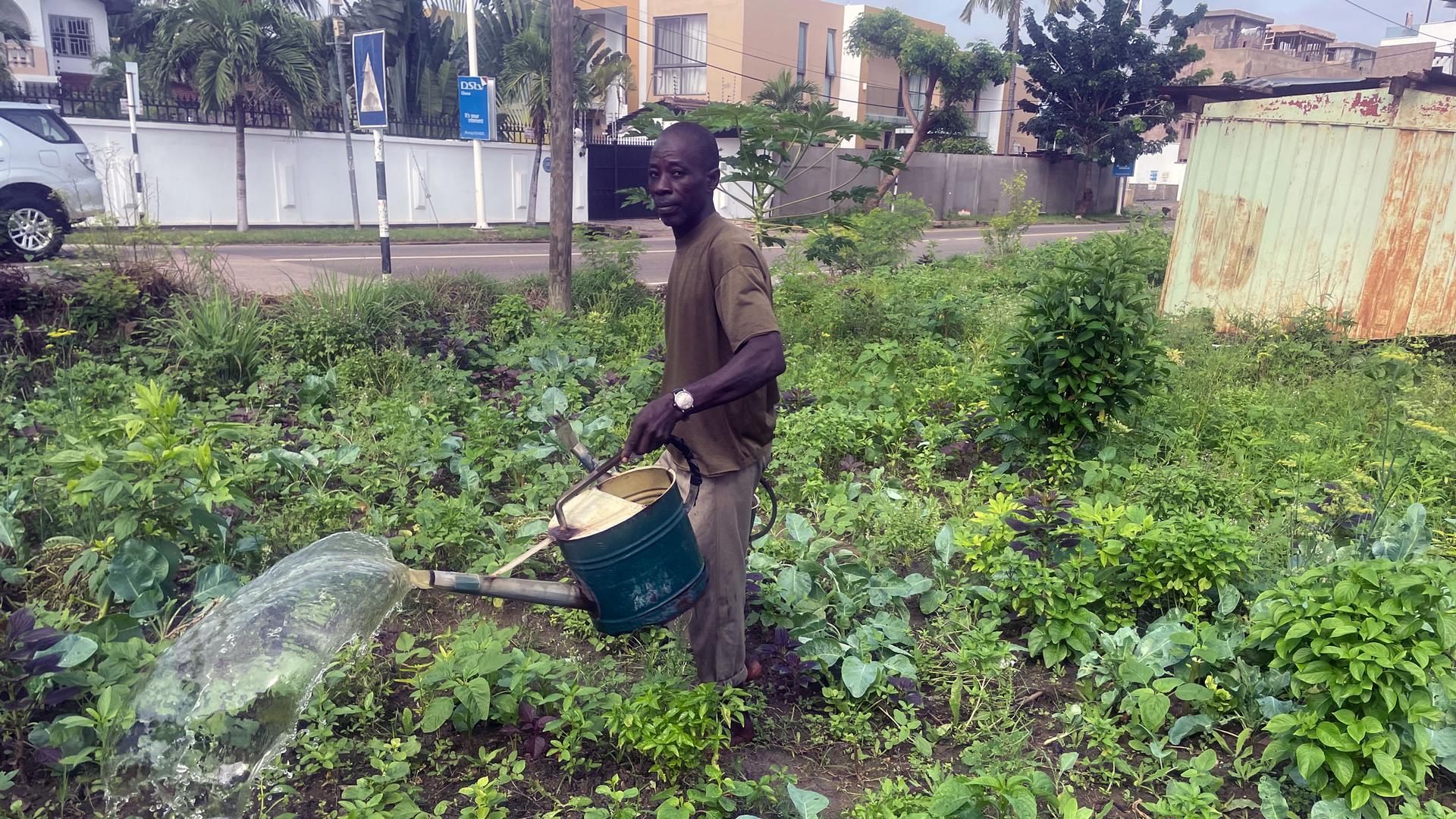
In Ghana, fertilizer costs have more than quadrupled this year.
Like many farmers, Ahmed now resorts to cow dung instead of fertilizer. He is worried he may not get much yield from his crops this year and is already contemplating quitting farming.
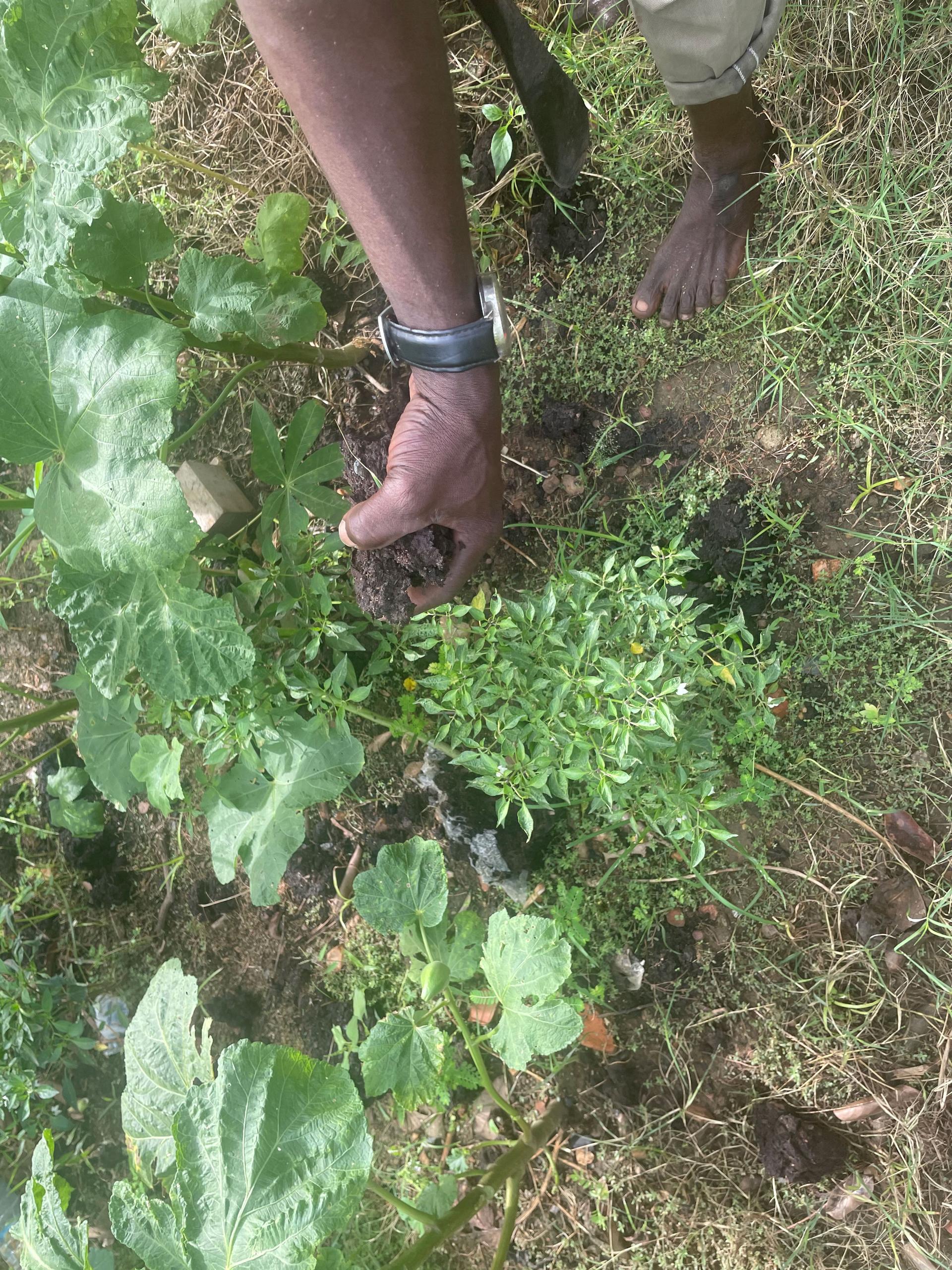
“Our brothers in Europe, America, they are telling us [that] when you go there, the rich people are farmers,” he said.
“But we don’t know about Africa. In Ghana, we the farmers grow the economy and yet we are the poorest.”
Agriculture is the backbone of the Ghanaian economy, contributing to about one-fifth of the country’s gross domestic product, employing more than than half the labor force.
Even before Russia invaded Ukraine in February, sub-Saharan Africa already had the world’s lowest fertilizer usage rates.
Related: Ghana’s school kids go hungry after caterers quit amid soaring food prices
For every 2.5 acres, farmers only use about 10% of average fertilizer amounts used elsewhere in the world.
Ghanaian farmers need more than 600,000 tons of fertilizer to grow their crops every year. They largely rely on imports because the country does not produce its own inorganic fertilizers.
‘Extremely dire’
The situation is extremely dire, according to Ghana’s Minister of Food and Agriculture Afriyie Akoto, who spoke at a recent press conference.
“We reckon that the demand for fertilizer in Ghana is about 600,000 metric tons and so far this year, we haven’t even done a 100,000 metric tons. So we are way way off. We are in a catastrophic situation, you have to be able to adapt and come out stronger.”
“We reckon that the demand for fertilizer in Ghana is about 600,000 metric tons and so far this year, we haven’t even done a 100,000 metric tons. So, we are way way off. We are in a catastrophic situation, you have to be able to adapt and come out stronger,” he said.
The number of people affected by a food and nutrition crisis in West and Central Africa is expected to reach a new record high this month — quadrupling in just three years from 10.7 million in 2019 to 41 million in 2022.
The World Food Program warns that this could trigger massive displacement due to disrupted food systems, limited food production and barriers to regional trade as countries continue to reel from socio-economic fallout due to the pandemic.
Related: As global oil prices surge, some African countries may see a silver lining
As an emergency stopgap, the African Development Bank Group (AfDB) said it will acquire about 500,000 tons of fertilizer to give to farmers in West Africa by the end of August.
Nigeria will supply 300,000 tons of Urea fertilizer and Morocco will supply 200,000 tons of phosphates and blended fertilizer.
AfDB President Akinwumi Adesina said that this will help farmers produce wheat, maize, rice and soybeans.
“Food aid cannot feed Africa. Africa does not need bowls in hand; Africa needs seeds in the ground and mechanical harvesters to harvest bountiful food produced locally,” he said. “Africa must feed itself with pride. There is no dignity in begging for food.”
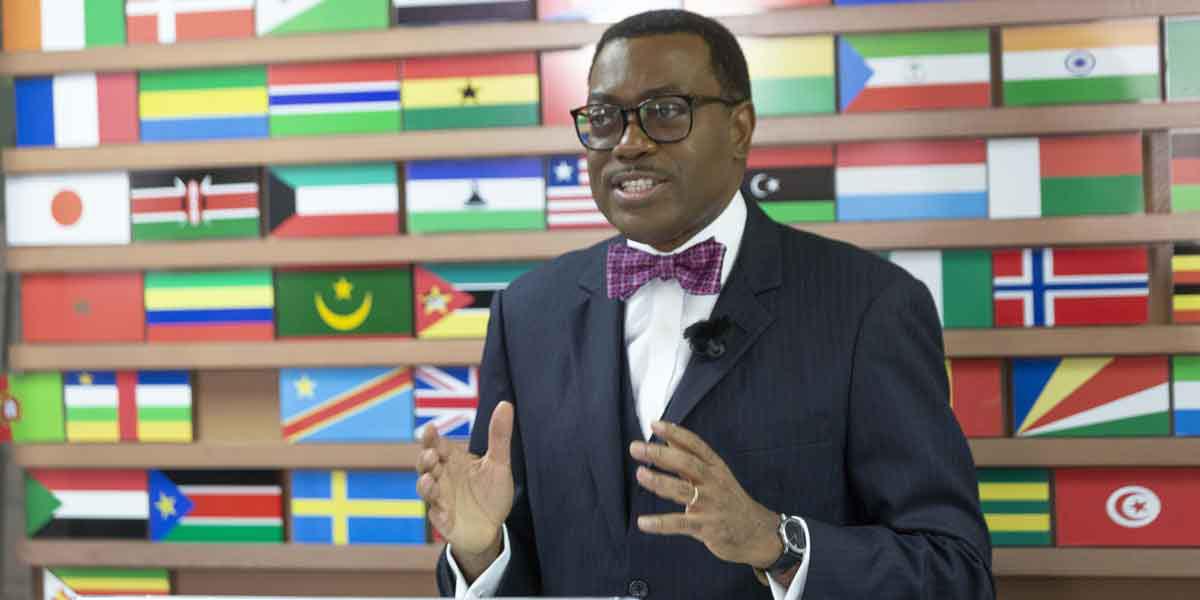
“Food aid cannot feed Africa. Africa does not need bowls in hand; Africa needs seeds in the ground and mechanical harvesters to harvest bountiful food produced locally,” he said. “Africa must feed itself with pride. There is no dignity in begging for food.”
The AfDB’s $1.5 billion African Emergency Food Production Facility aims to fast-track food production by providing 20 million African smallholder farmers with certified seeds to produce 38 million tons of food. This is a projected $12 billion increase in food production in just two years.
The AfDB is talking with fertilizer producers in Ghana and abroad about reducing costs to farmers. And Ghana’s Ministry of Food and Agriculture also said it is proactively working with local fertilizer producers to scale up the production of quality organic fertilizers.
Even Aliko Dangote, Africa’s richest man, late last month commissioned a $2.5 billion fertilizer plant with the capacity to produce 3 million metric tons of Urea yearly.
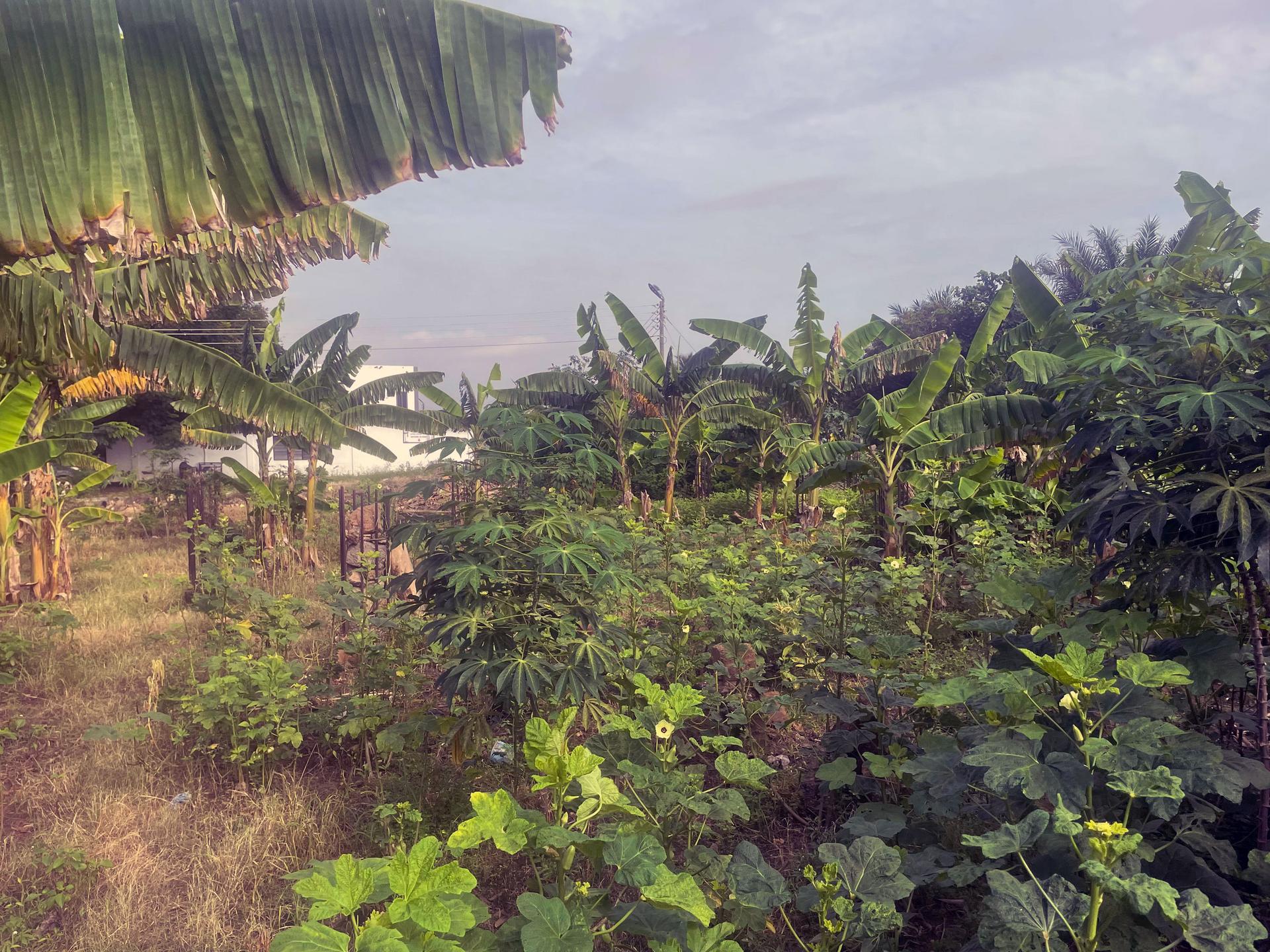
‘Too little too late’
But members of the Ghana Peasant Farmers Association have misgivings about how this fertilizer initiative is going to benefit farmers.
Member Bismark Owusu Nortey said he’s concerned that Ghana will not receive enough fertilizer in time to stem the crisis.
“Now almost every farmer in the southern and northern zones, either they’ve started planting or they are preparing now to plant. If this initiative will lead to the supply of fertilizers after August, then it might be too little too late.”
“Now, almost every farmer in the southern and northern zones, either they’ve started planting or they are preparing now to plant. If this initiative will lead to the supply of fertilizers after August, then it might be too little too late,” he said.
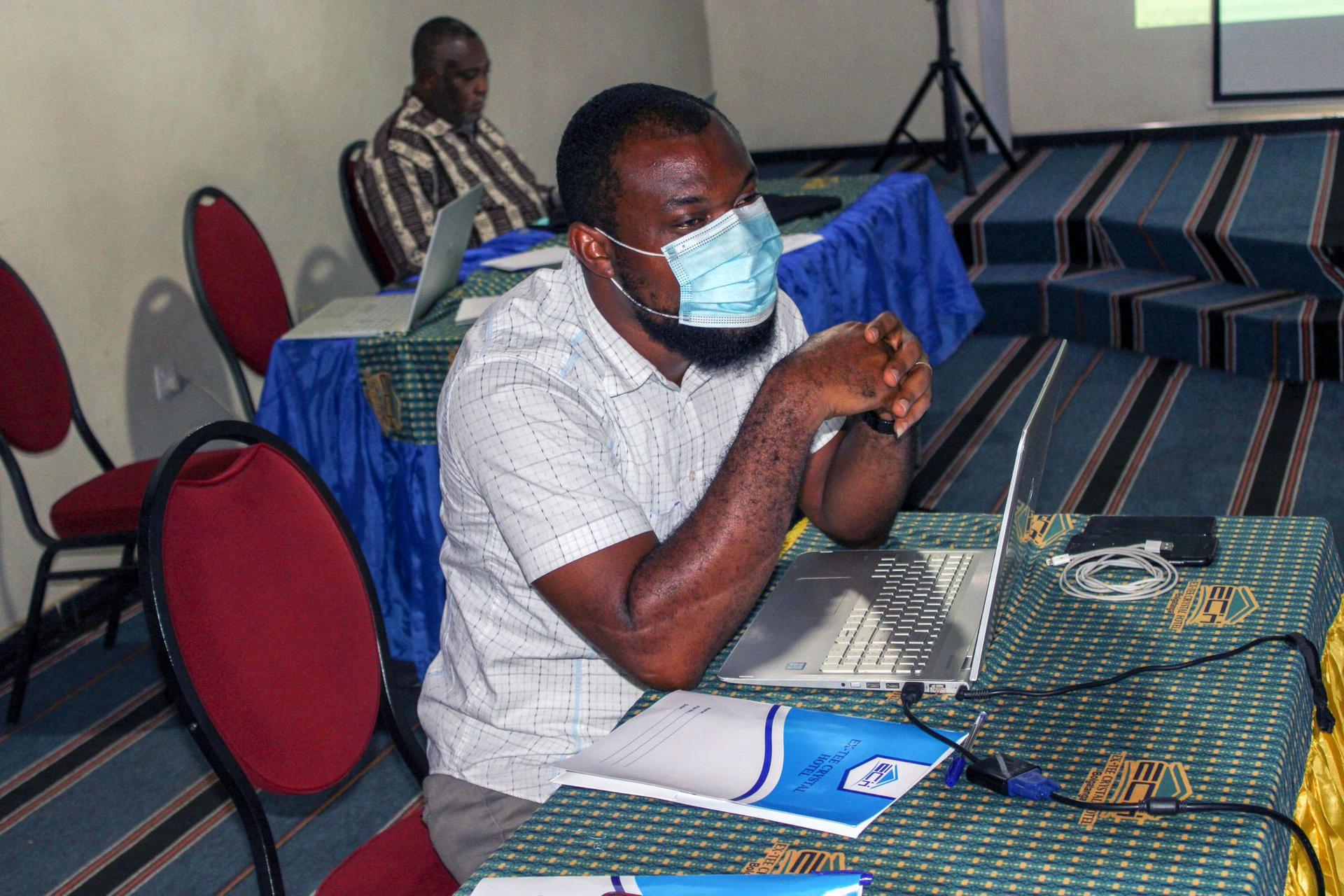
He also pointed out that fertilizer distribution initiatives in the past never reached farmers in need. He called for transparency and accountability this time around.
“How do we ensure that smallholder farmers are properly profiled and targeted to benefit from it? Because that has been a major problem – the farmers in need often don’t get the fertilizers when they eventually arrive. They go to commercial farmers and some ‘powerful’ people,” he said.
Nortey said they expect to meet with farmers to discuss how to take advantage of the initiative.
Back at the vegetable farm, Ahmed said he looks forward to the arrival of fertilizer to increase food production for this year, but it comes with a healthy dose of pessimism.
“You will always hear fertilizer is coming but they don’t involve us. It’s like they already have the people they want to give it to. So, we are waiting. When it comes and we get some, then we can thank God.”
